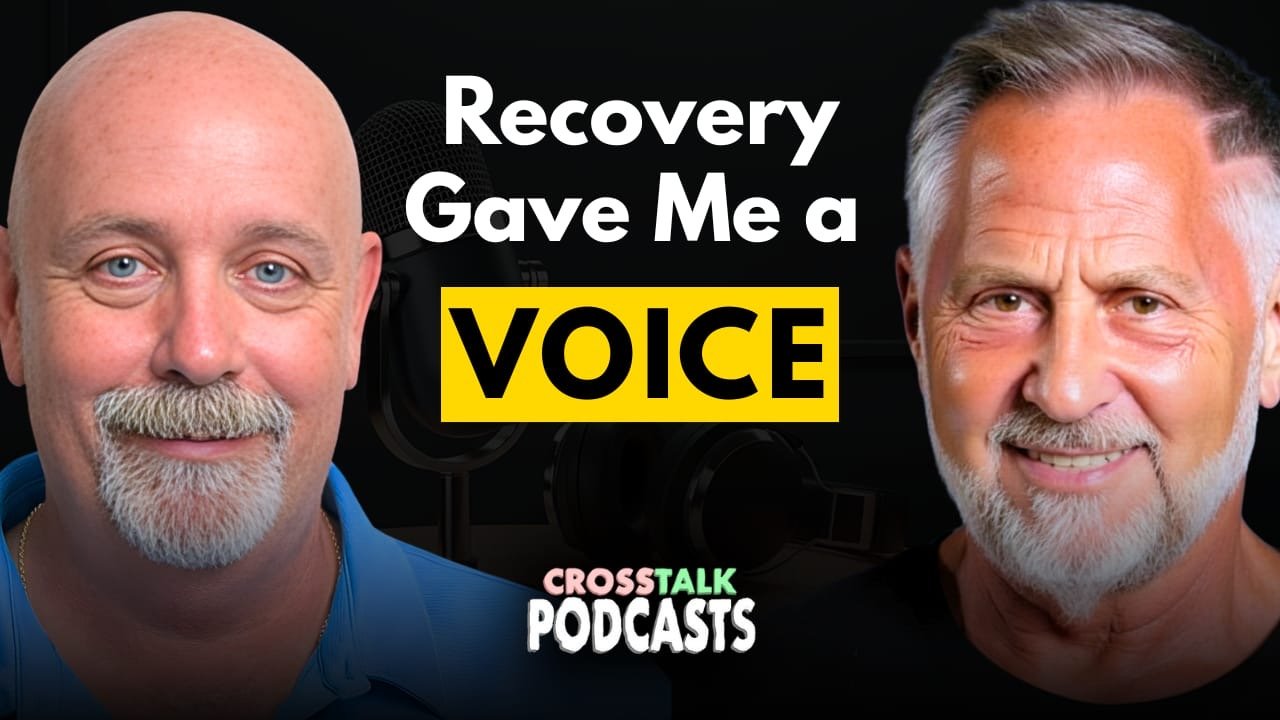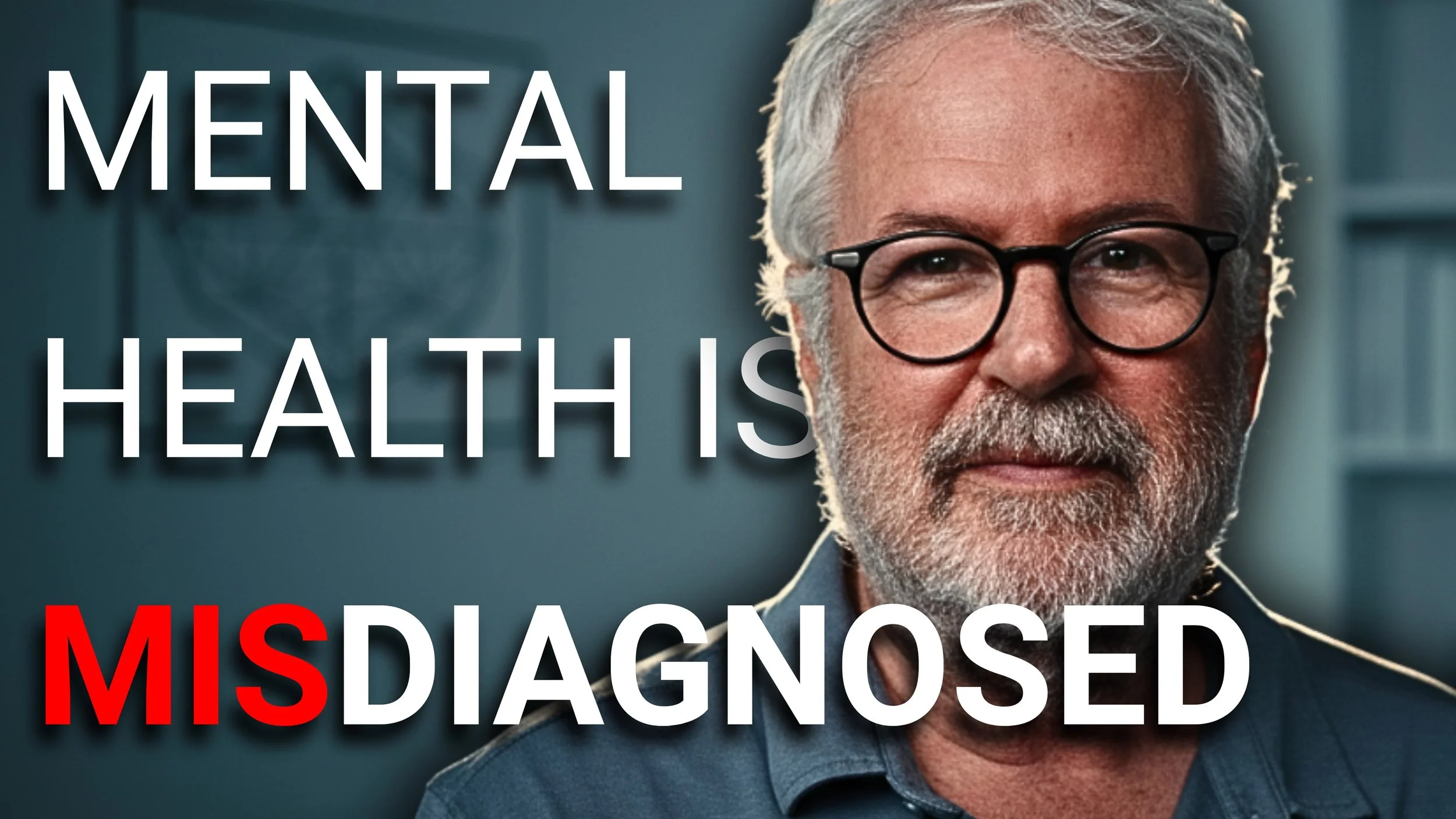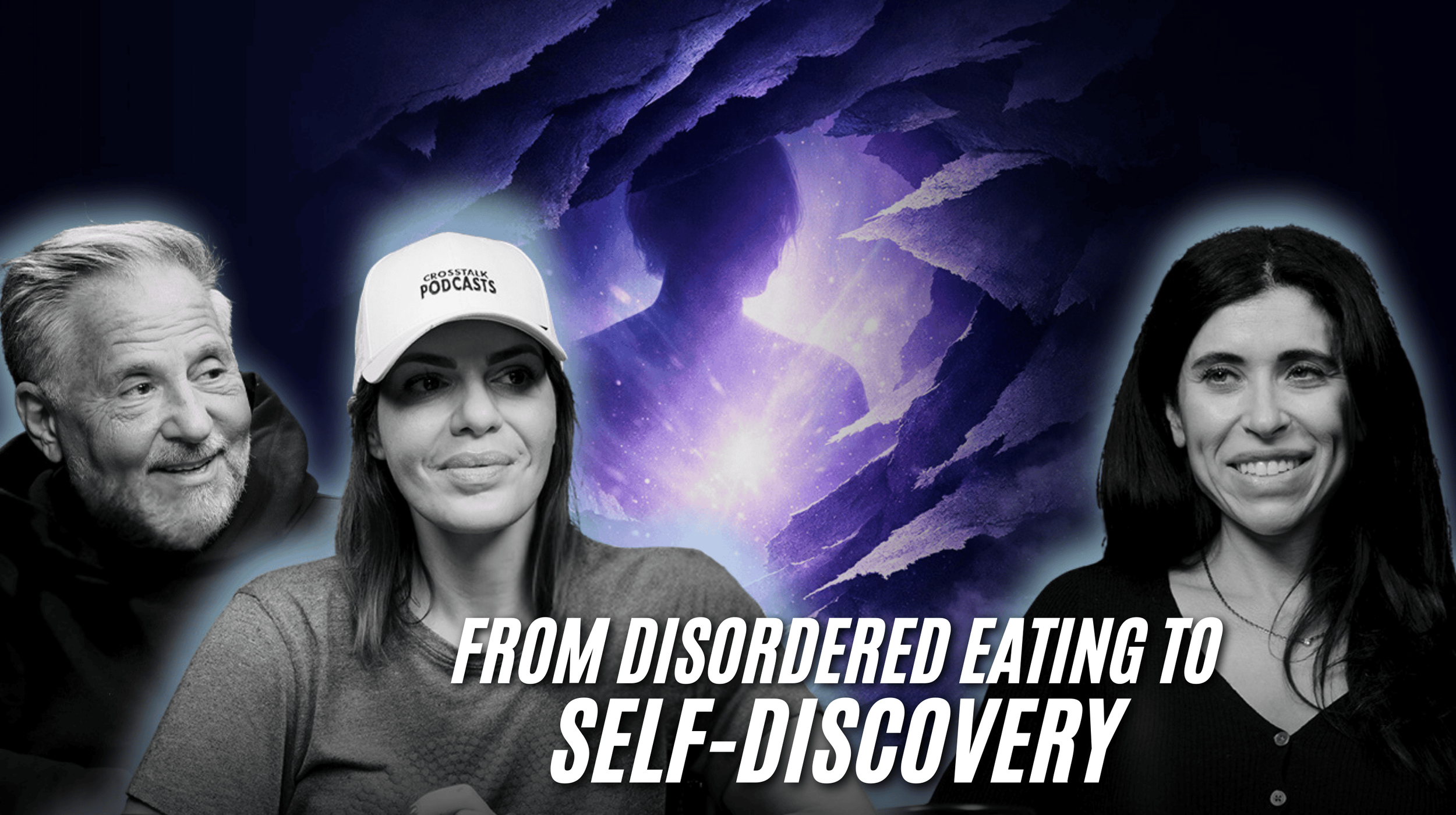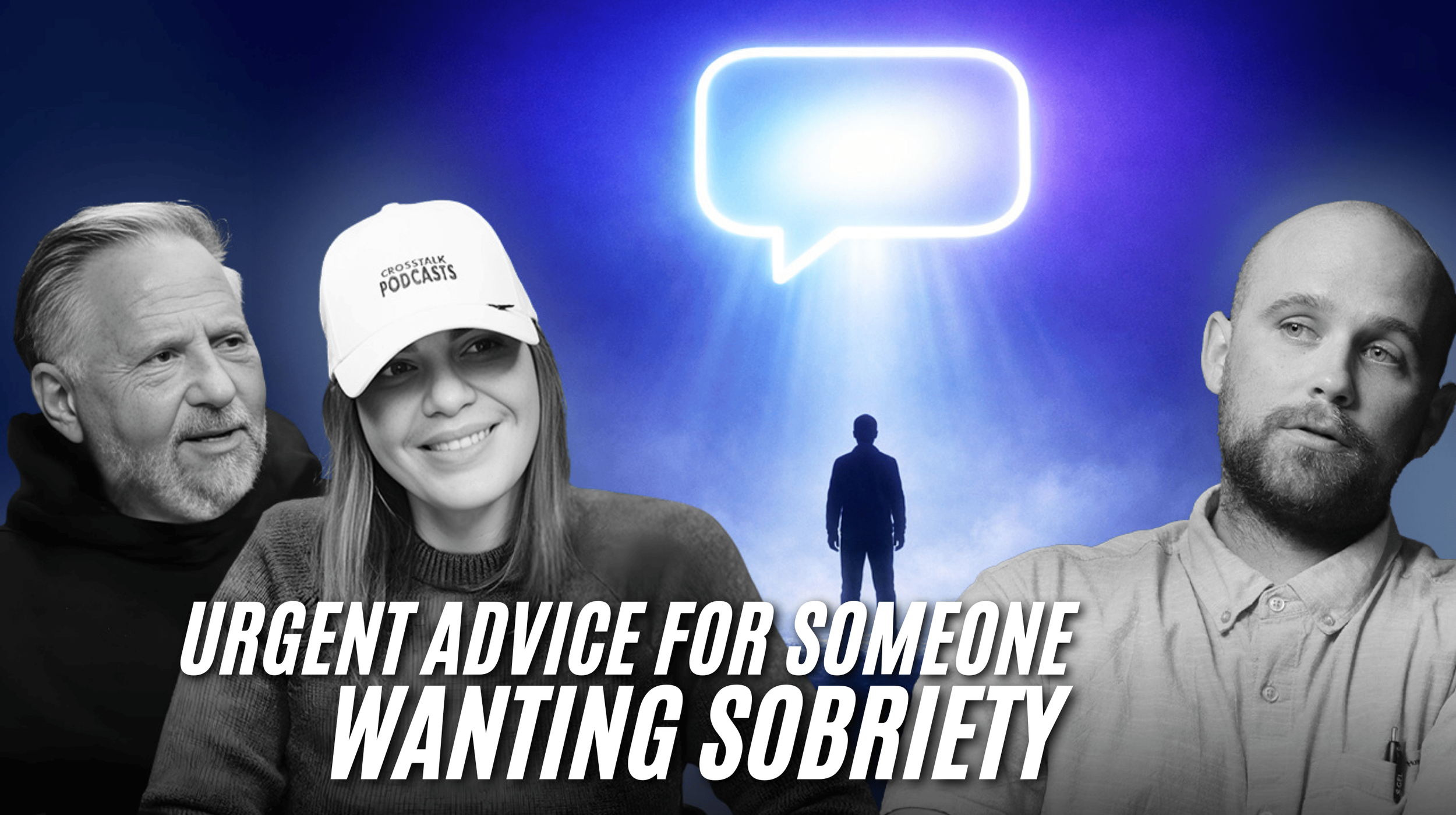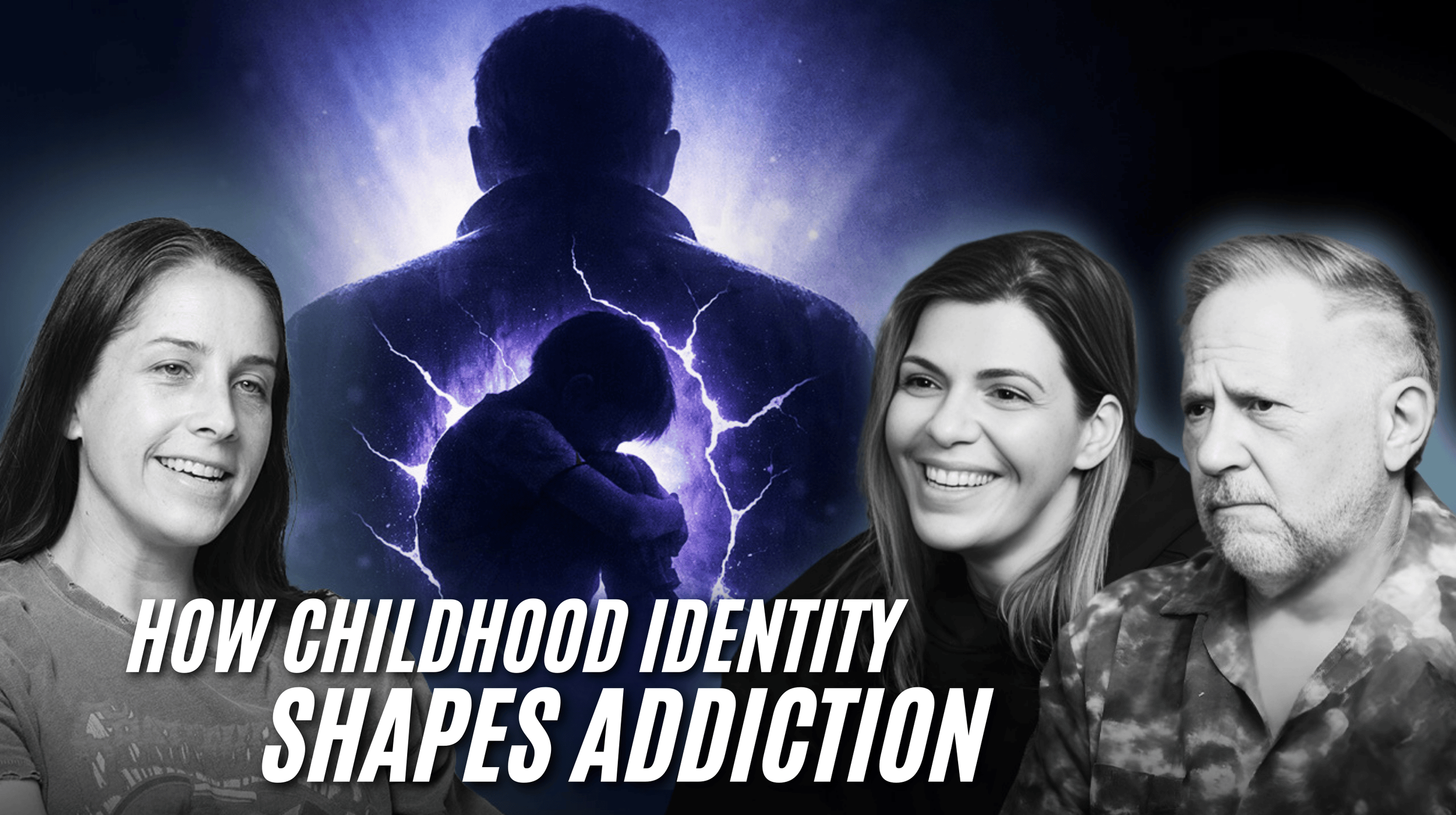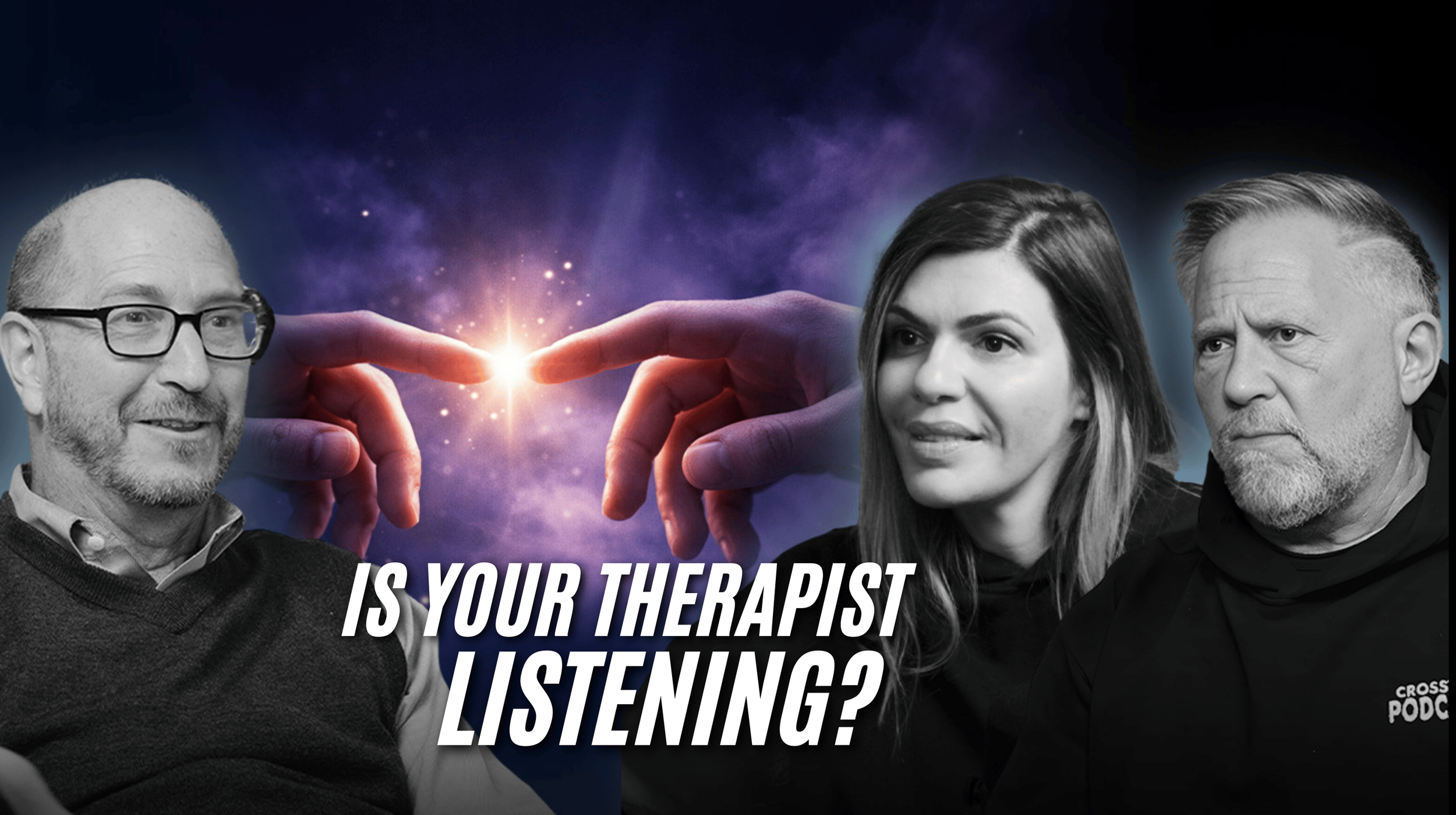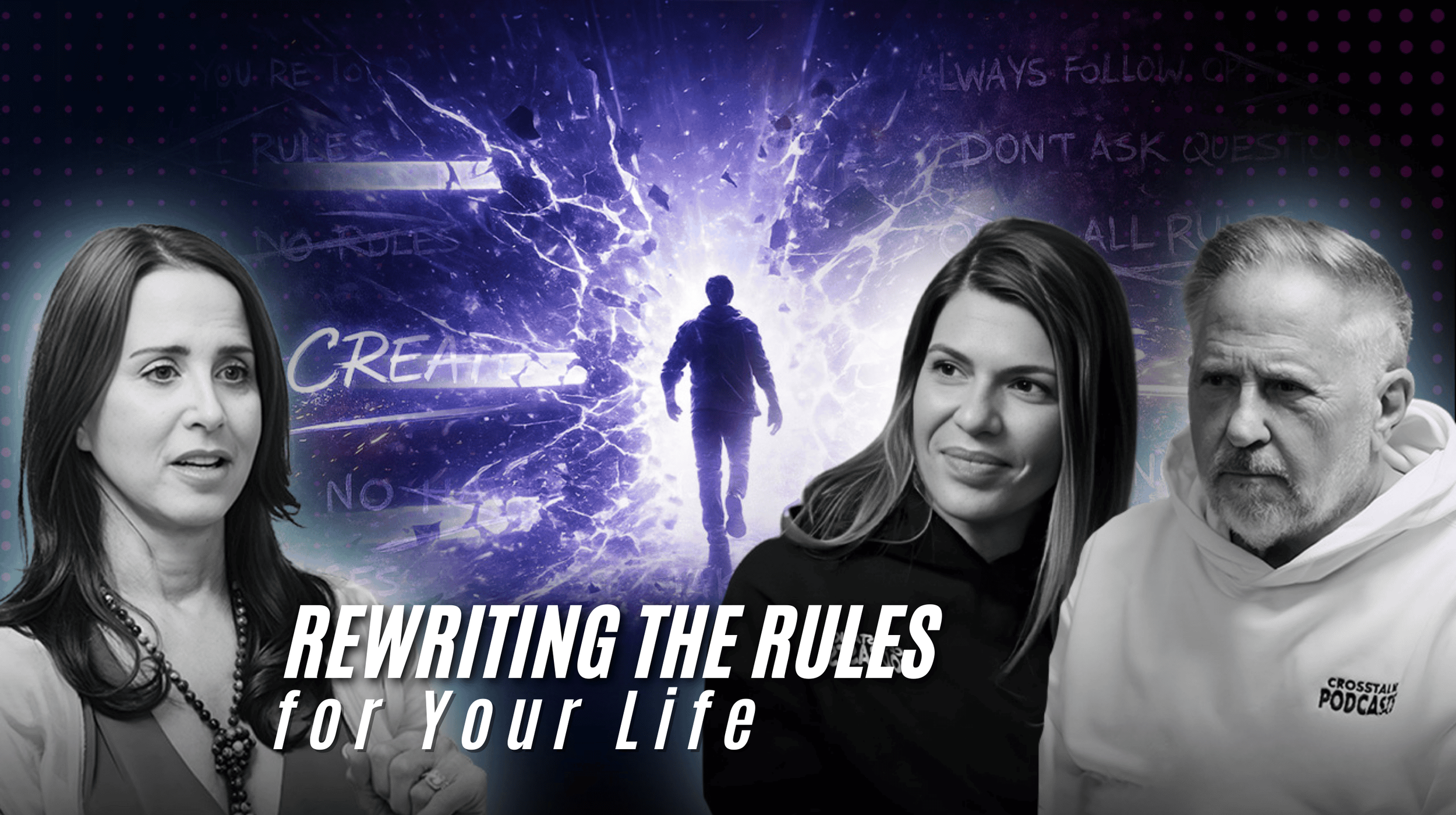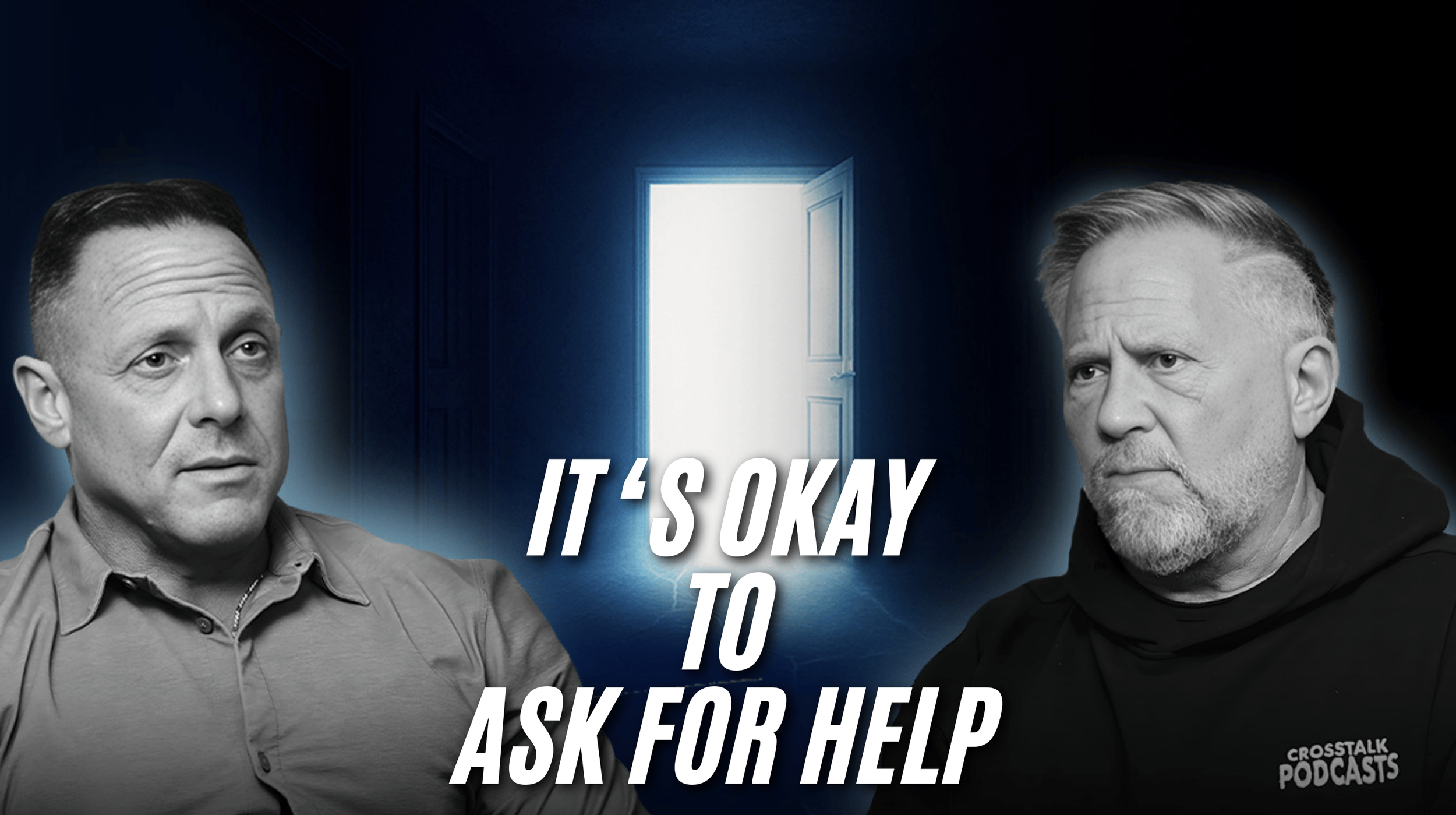Addiction is a Disease, Not a Disgrace | Sherri & Marguerite
Listen or watch on your favorite platforms
In this powerful episode, we meet Sherri and Marguerite, two extraordinary women whose personal struggles with addiction nearly destroyed their lives. From picture-perfect facades to devastating lows, their stories reveal the hidden truths behind the masks they wore.
Sherri battled drugs, alcohol, gambling, and multiple suicide attempts, losing herself in a cycle of addiction, while Marguerite spent decades hiding behind perfectionism, alcoholism, and devastating life decisions made under the influence. Both women faced deep family traumas, unprocessed grief, and intense shame.
Today, their lives are completely transformed. Sherri, now sober, has rebuilt her relationship with her family, witnessing the healing of generational wounds, while Marguerite found freedom and purpose in helping countless others through recovery, embracing life with renewed passion and self-understanding.
Listeners will gain invaluable insights into overcoming shame, understanding the "why" behind addiction, and discovering hope in even the darkest situations. Tune in for an honest conversation that breaks stigma and inspires lasting change.
A childhood defined by Chaos
Both guests grew up feeling like they didn't fully belong. Sherri faced an overly protective "helicopter" mother, which resulted in deep-seated insecurities. Marguerite grew up in a chaotic environment with an absent alcoholic father and an emotionally distant mother, shaping her into someone who craved perfection on the outside while masking profound internal sadness. "Nobody knew how sad I was because sadness wasn't allowed," she reflects, capturing the essence of hidden suffering beneath perfectionism.
The First Drink and the Escape It Brought
For Sherri, college was her first taste of freedom—and escape—when she began experimenting with drugs and alcohol. "I loved that feeling of not feeling," she admits. Marguerite similarly sought solace in drinking to mask her internal insecurities and loneliness, using substances to escape an emotionally neglectful upbringing. This initial engagement laid the foundation for years of denial and deepening addiction.
The Grip of Addiction
Sherri recalls her glamorous yet chaotic years twirling batons and performing, including a stint in the movie "Porky's." But behind the glittering facade, her substance abuse spiraled out of control, pushing family away. Marguerite, meanwhile, juggled her outward success as an educator and professional with severe internal turmoil, resulting in reckless decisions made under the influence, like having an abortion while intoxicated. The destructive cycles continued, concealed behind layers of perceived perfection.
Active Addiction - The Descent
Sherri’s low point was when she was forcibly institutionalized—taken from her front lawn by police in front of her neighbors. "My children hated me," she recalls painfully, noting her humiliation and shame. Marguerite's bottom came when her polished exterior finally cracked: hospitalized with a blood alcohol level of .445 just days after a seemingly harmless glass of wine. "I didn’t want to die," she states, capturing the moment that she knew she needed help urgently.
The Path to Recovery
Both women eventually found healing at the Caron Treatment Centers. Sherri finally began working a genuine program of recovery, breaking free from the stigma of her disease. Marguerite's journey involved peeling back the layers of why she drank, uncovering deep-rooted pain and insecurities she carried since childhood. Their paths crossed repeatedly through treatment, and their bond solidified through mutual understanding, support, and shared commitment to healing.
Life today
Today, Sherri and Marguerite live fulfilling lives defined by joy, purpose, and relentless support for others in recovery. Sherri rebuilt her relationship with her family, becoming a present and loving figure her children admire. Marguerite finds joy in mentoring and being a guiding force for women navigating the same difficult roads she once traveled. Both women passionately advocate for removing the stigma of addiction and empowering others to ask for help. Their lives serve as powerful examples of resilience, hope, and possibility in recovery.
FAQs
Is addiction considered a disease? Yes, addiction is medically recognized as a disease affecting the brain and behavior.
How do you know when you've hit rock bottom? Rock bottom occurs when addiction significantly disrupts your life and compels you to seek help.
Can you fully recover from addiction? While addiction can’t be "cured," recovery is achievable and allows people to regain healthy, productive lives.
Do I have to go to AA or a 12-step program to recover? No, recovery paths vary widely, and many effective alternatives to 12-step programs exist.
Can families heal from addiction too? Absolutely; recovery often involves family therapy, improving relationships, and healing together.
Related episodes
ABOUT CROSSTALK
CROSSTALK reveals real stories of everyday people and notable figures, sharing their journeys from struggles to life-changing 'aha' moments with all kinds .


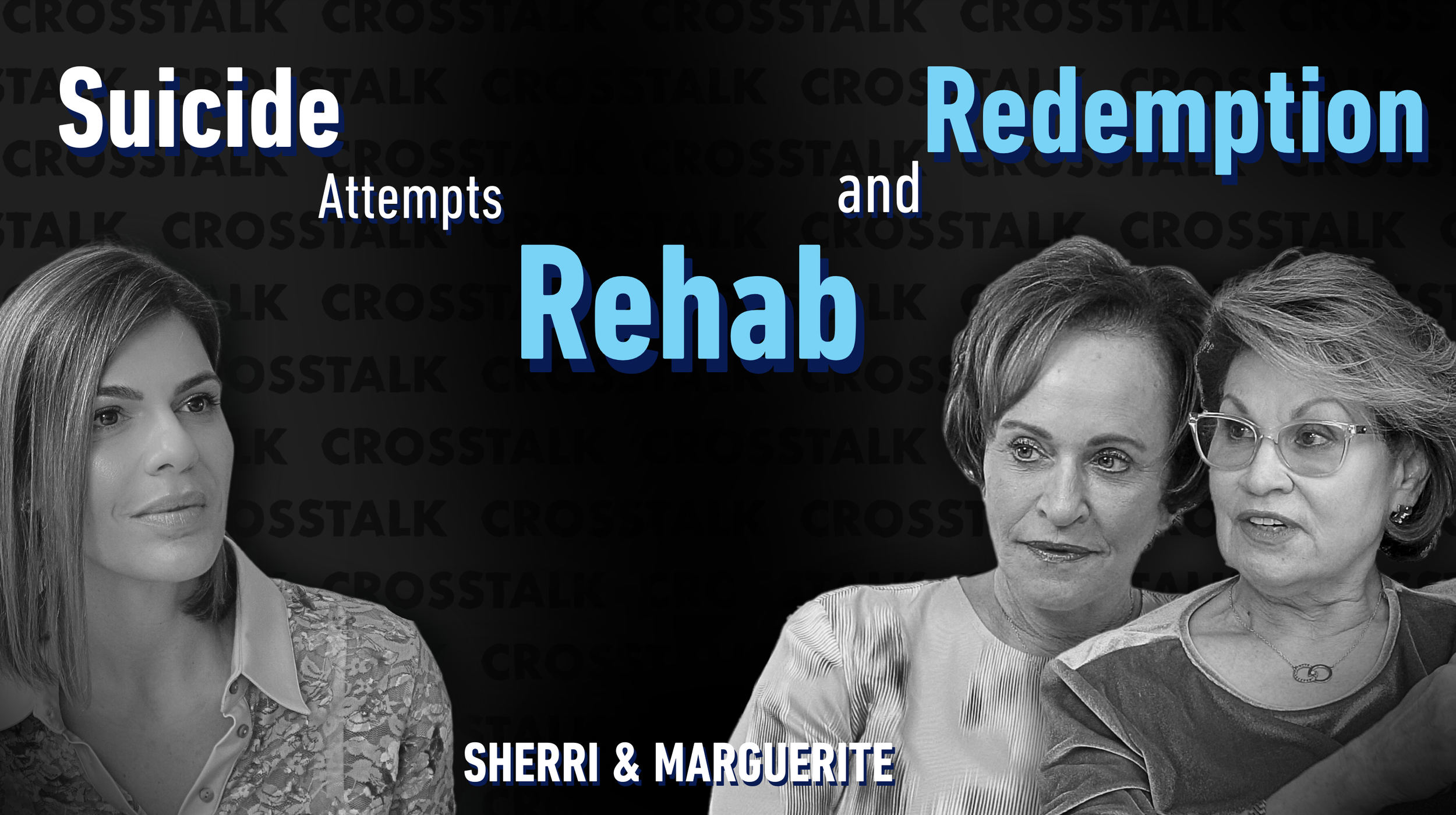
 Spotify
Spotify







